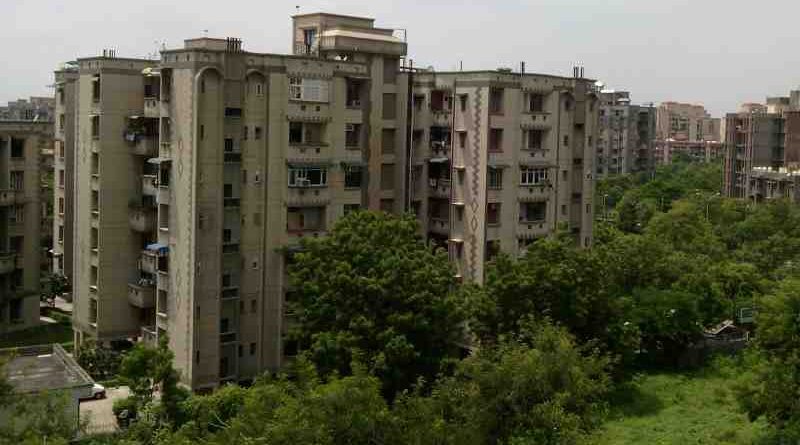New Real Estate Law to Protect Indian Homebuyers from Developers

Ending the nine year long wait, regulation of real estate sector involving over 76,000 companies in India becomes a reality from today (May 1, 2017) with the Real Estate (Regulation & Development) Act, 2016 coming into force.
With all the 92 Sections of the Act coming into effect from today, developers will get all the ongoing projects that have not received Completion Certificate and the new projects registered with Regulatory Authorities within three months – by July end. This enables the buyers to enforce their rights and seek redressal of grievances after such registration.
The Minister of Housing & Urban Poverty Alleviation (HUPA) M.Venkaiah Naidu said, “Real Estate Act coming into force after a nine year wait marks the beginning of a new era making buyer the King while developers benefit from the confidence of the King in the regulated environment.”
The Act ushers in the much-desired accountability, transparency, and efficiency in the sector with the Act defining the rights and obligations of both the buyers and developers.
[ Benami Transactions in India: Attachment Ordered in 124 Cases ]
Ahead of the Act coming into force, the Ministry of HUPA has formulated and circulated Model Real Estate Regulations for adoption by the Regulatory Authorities in the States/UTs.
Under these Regulations, developers are required to display sanctioned plans and layout plans of at least 3 feet X 2 feet size at all marketing offices, other offices where properties are sold, all branch offices and head office of the promoters in addition to the site of project.
Real Estate Regulatory Authorities may take decisions on all issues preferably through consensus failing which through voting with Chairman using Casting Vote in case of a tie.
[ Humanitarian Crisis Persists at DPS Housing Society in Delhi ]
There shall be quorum for the meetings of the Regulatory Authorities and if a meeting is adjourned due to lack of such quorum, such meeting can take place without quorum.
Members of Regulatory Authorities shall declare interest if any in the matters coming up for discussion and shall not participate there in.
#RERA promotes accountability, transparency & efficiency in the sector. Buyer set to be King. Promoter benefits from king’s confidence. 2/n
— M Venkaiah Naidu (@MVenkaiahNaidu) April 30, 2017
Some of the major provisions of the Act, besides mandatory registration of projects and Real Estate Agents include:
1. Depositing 70% of the funds collected from buyers in a separate bank account in case of new projects and 70% of unused funds in case of ongoing projects;
2. Projects with plot size of minimum 500 sq.mt or 8 apartments shall be registered with Regulatory Authorities;
3. Both developers and buyers to pay the same penal interest of SBI’s Marginal Cost of Lending Rate plus 2% in case of delays;
4. Liability of developers for structural defects for five years; and
5. Imprisonment of up to three years for developers and up to one year in case of agents and buyers for violation of orders of Appellate Tribunals and Regulatory Authorities.
Further to several rounds of consultations, the Ministry of HUPA has made several and substantial changes in the Real Estate Bill that was first introduced in the Rajya Sabha in 2013 to make the final Act more effective towards promotion of the sector.
At the time of passing of the Bill in Rajya Sabha in March last year, there were 76,044 companies operating in the real estate sector including 17,431 in Delhi, 17,010 in West Bengal, 11,160 in Maharashtra, 7,136 in Uttar Pradesh, 3,054 in Rajasthan, 3,004 in Tamil Nadu, 2,261 in Karnataka, 2,211 in Telangana, 2,121 in Haryana, 1,956 in Madhya Pradesh, 1,270 in Kerala, 1,202 in Punjab, and I,006 in Odisha.
As per industry information, between 2011 and 2015, real estate projects in the range of 2,349 to 4,488 were launched every year amounting to a total of 17,526 projects with a total investment of Rs.13.70 lakh crore in 27 cities including 15 State capitals. About ten lakh (1 million) buyers invest every year with the dream of owning a house.




